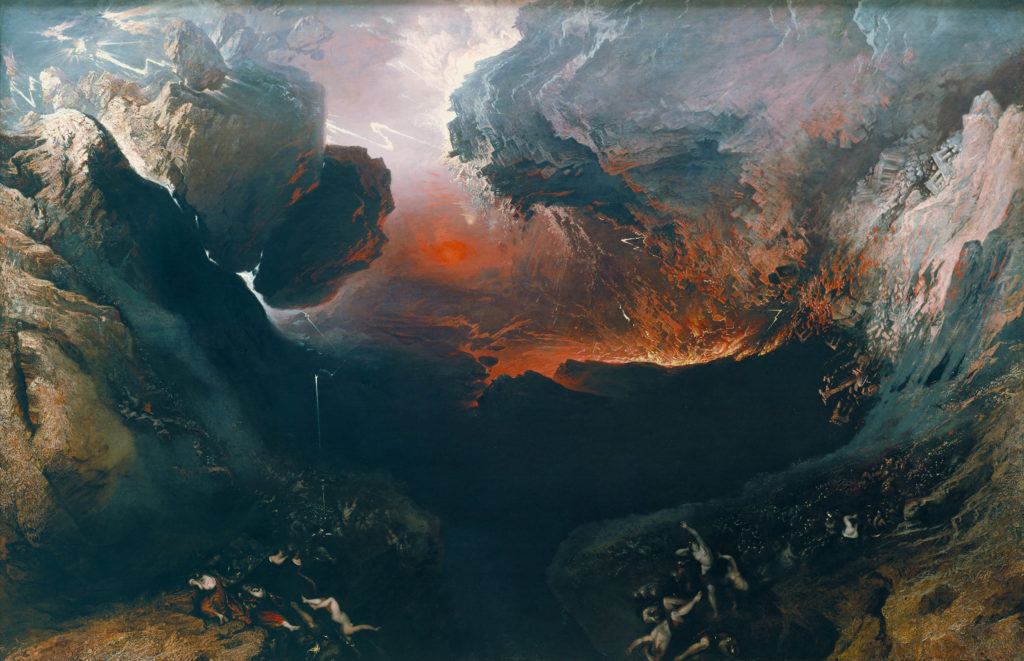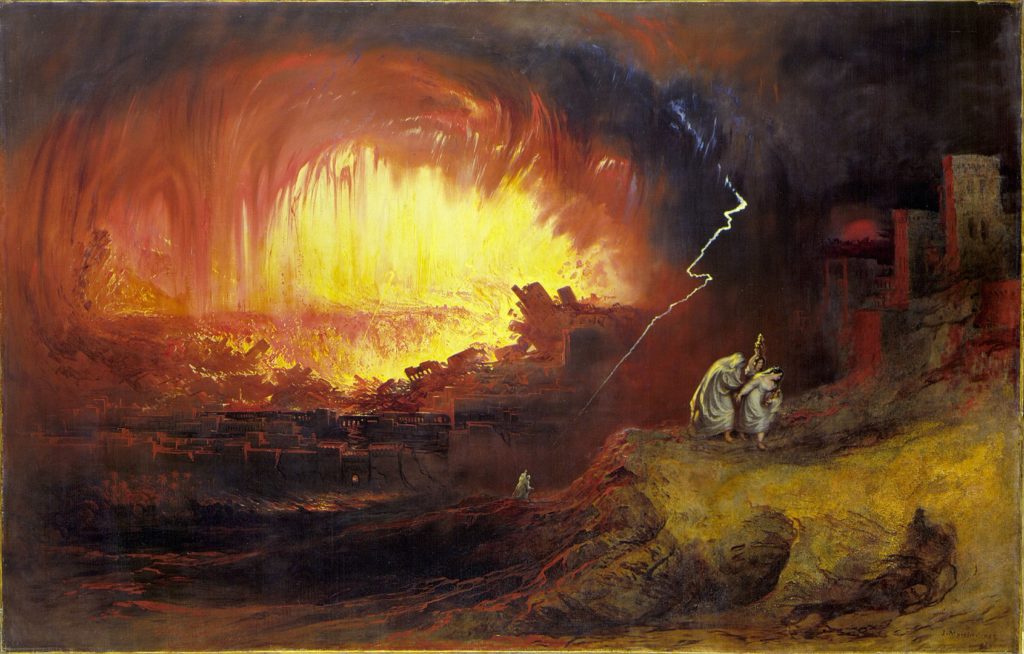
Peter Ditzel
In “God’s Wrath, Part 1” and “God’s Wrath, Part 2”, I showed proof from Scripture that God is loving and wrathful in both the Old and the New Testaments. In this article, I’d like to answer objections to the idea of God’s wrath.

In “God’s Wrath, Part 1” and “God’s Wrath, Part 2”, I showed proof from Scripture that God is loving and wrathful in both the Old and the New Testaments. In this article, I’d like to answer objections to the idea of God’s wrath.

In Part 1, we saw that God is love, but also examined several examples of God’s wrath in both the Old and New Testaments. This is proof that, contrary to what many people claim, God is both loving and wrathful in both testaments. In this last installment, we’ll see the importance of understanding God’s wrath and its relationship to the Gospel, learn how God can express both love and wrath, and answer some objections.

The apostle John says, “God is love” (1 John 4:8, 16). So, if God is love, what is this thing called God’s wrath? How can a loving God also be a wrathful God? Did God change from being a wrathful God in the Old Testament to being a loving God in the New? Are we misunderstanding something?
So that we know what we are talking about, let’s begin with a definition. A basic formulation of the Trinity doctrine is, God is a Trinity of three Persons—the Father, the Son, and the Holy Spirit, and these three are one God, the same in substance, equal in power and glory. Many who teach against the Trinity misunderstand this formula. They make a wrong assumption about what is meant by God being a Trinity of three Persons. They assume this to be tritheism, a belief in three gods. What is meant by “Person” in speaking of the Trinity is that which has the attributes of personality. It comes from the Latin word persona. In the ancient world, actors wore masks. The actor’s mask was his persona. It showed the role he was playing. In the discussion of the Trinity, “Person” never means “person” as we commonly use it today; that is, it never means a free and independent consciousness with his own will. Nevertheless, it does mean that the Persons have an I-you relationship: as I will point out in the Scriptures cited in this article, they communicate with each other.
In Part 1, I defined open theism, examined its history, included some statements made by its adherents, and started examining Scriptures used by open theists to support their view. In this concluding article, I finish examining the Scriptures and end with the dangers of open theism.
Jonah 3: Open theists likewise cite the case of Jonah. In Jonah 3:2, God tells Jonah, “Arise, go to Nineveh, that great city, and preach to it the message that I give you.” What was the message? We read in verse 4, “Jonah began to enter into the city a day’s journey, and he cried out, and said, ‘Yet forty days, and Nineveh shall be overthrown!'” And the beginning of verse 5 tells us, “The people of Nineveh believed God.” So, what did they do? God says they will be overthrown and they believe Him. Did they say, Oh well, there’s nothing we can do about it? No. They understood that what God said was intended to get them to repent. So, “they proclaimed a fast, and put on sackcloth, from their greatest even to their least.” And the king issued a proclamation for a fast, ending with the statement, “Who knows whether God will not turn and relent, and turn away from his fierce anger, so that we might not perish?” (verse 9). Verse 10 says, “God saw their works, that they turned from their evil way. God relented of the disaster which he said he would do to them, and he didn’t do it.”
Any view that minimizes or reduces God’s “God-ness,” including his
absolute sovereignty over his creation, appeals directly, though subtly, to our sinful hearts.
Scott Oliphint, “Most Moved Mediator,” Themelios 30 (2004): 39
There’s a pretty good chance you’ve never heard of open theism. On the other hand, there’s a very good chance that you’ve been exposed to, and possibly even influenced by, its teachings. And those teachings can be dangerous to your spiritual health. If you get nothing else out of this article, I want you to know that open theism lowers God in order to raise man. It is essentially a man-centered religion dressed in semi-Christian garb.
This is not necessarily an exhaustive list. It consists of direct statements in which Jesus said “I am….” Interestingly, all of these are in the writings of John. I have also included a few other places where Jesus implied He was something. This list does not include things that others said of Jesus (such as being the Word, the Lamb, and the Rock) that, while certainly true of Him, He did not immediately and expressly confirm.